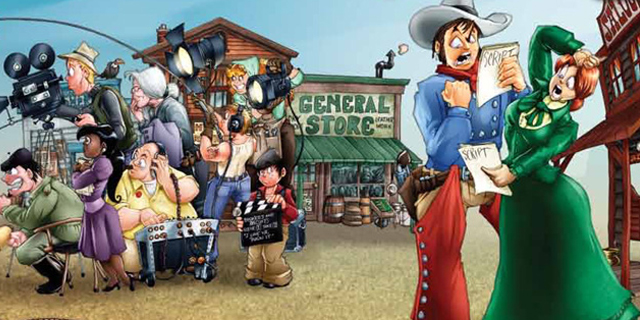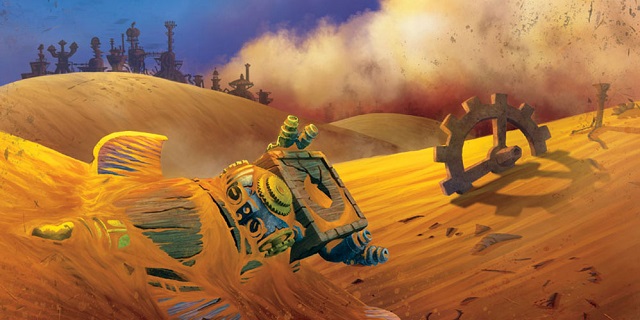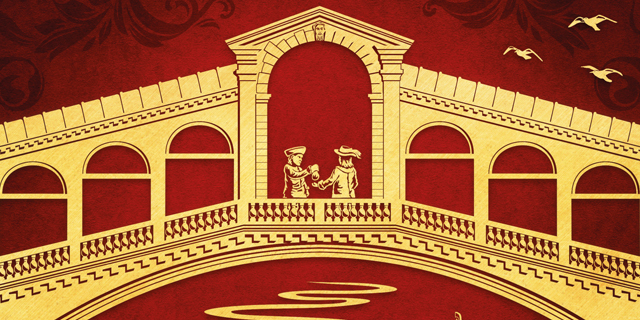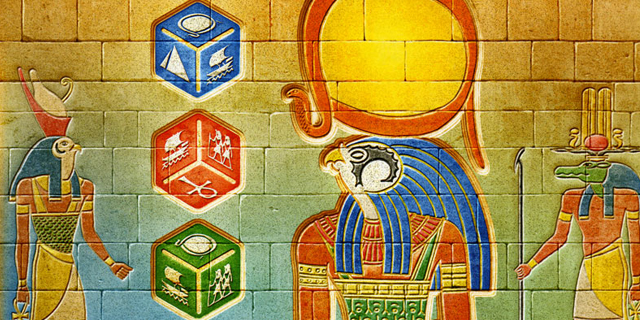
Platinum Games likes to make challenging titles with deceptively deep systems. Its latest offering, The Wonderful 101, is no exception. It is also a difficult game to describe, as it combines various genres – and indeed abruptly shifts between a few of them at various times – into one cohesive whole. READ MORE

You can play Deadwood Studios, USA (originally Deadwood in its 1999 incarnation but changed in its most recent printing for a couple of reasons) for free right now by going to the Cheapass Games site and downloading the print and play edition. Or, for $40, you can get the new prettied-up (and rules-revised) Kickstarted edition and take it easy on your printer.
Your move, pardner. READ MORE

Matt Leacock has a knack for designing cooperative board games. The creator of both Pandemic and Forbidden Island is back with a spiritual sequel to the latter in Gamewright’s Forbidden Desert. The streamlined design and ease of access to Forbidden Desert might just make it his best yet. READ MORE

Stefan Feld is having a crazy 2013, with four new titles hitting shelves this year. One of these, Rialto, is an elegant card-driven design for two to five players. Rialto, published in the U.S. by Tasty Minstrel Games, plays out over six rounds, with each round having three phases. The first phase features players selecting a hand of cards from a number of face-up rows of six, then drawing two additional cards from the deck before discarding one. This hand of seven cards will be played out during phase two, which is where most of the action happens. READ MORE

I’ve discussed Reiner Knizia’s Ra before (twice, actually), and it remains both one of the premier tile-based auction games available and a great “gateway” game to modern boardgaming. Auctions are a main mechanic in that game, but you score points via set collection, and there is no small element of “press your luck” when it comes to drawing tiles out of the bag hoping to avoid the dreaded final Ra tile. As it turns out, “press your luck” and set collection don’t only work with tile-based games, as Knizia was also able to substitute square cardboard for plastic cubes with his 2009 spin-off title Ra: the Dice Game. READ MORE
























